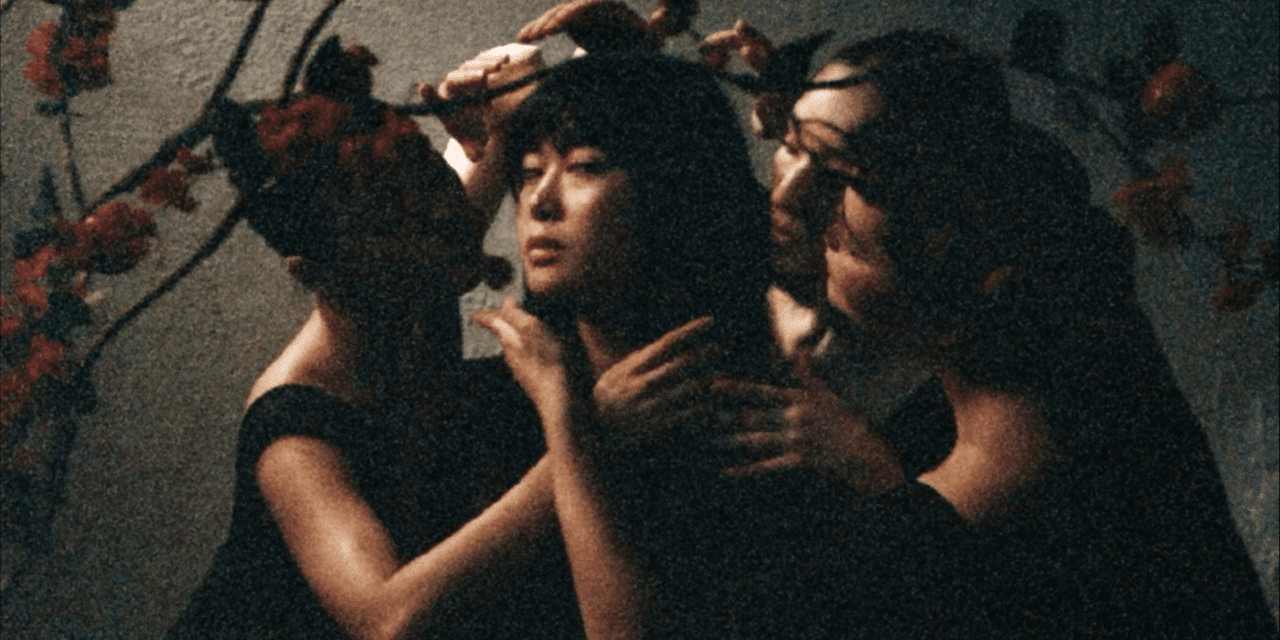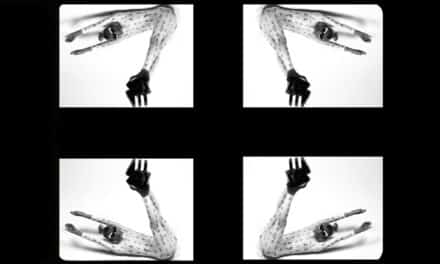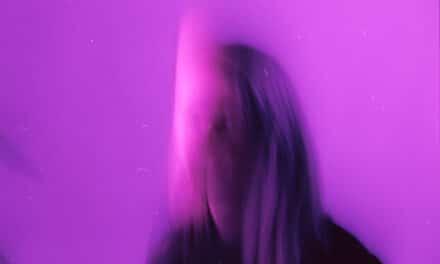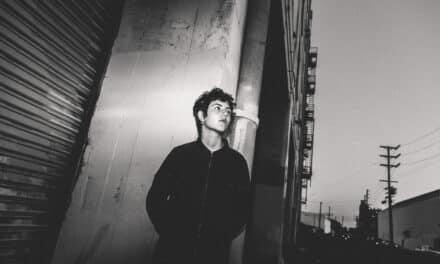Photo Credit: Breanna Lynn
After a transformative journey back to her roots, Hong Kong-raised and Los Angeles-based artist and producer Deb Fan shares her newest single, “Lady.” The intricate alt-r&b track emerges from Deb‘s recent pilgrimage to Hong Kong—her first visit in over three years—which reconnected her with the vibrant yet overwhelming pulse of her hometown, prompting a deep reflection of the complexities of modern femininity from her perspective as a Taiwanese immigrant living in the US. Co-produced alongside Max He, “Lady” blends the live instrumentation of 90s R&B and the visual soundscapes of impressionist-era classical music, reclaiming themes of rebirth and challenging stereotypes at the intersection of technology, tradition and femininity.
Why call your single Lady?
Many women and girls often feel like they have to project a certain image to be a lady or feel like a lady. We’re told from young to act and look a certain way – to be more “ladylike” – but, in reality, these projections are opinions and are often conflicting. I wrote this track in a time where I felt, for a lack of a better term, boyish and it mostly serves as a reminder to myself that being a lady shouldn’t be so restricted to these conformities.
What was it like growing up in Hong Kong?
Hong Kong is a complex city filled with paradoxes and conflict. The politics and economy are ever changing, so people are aware of what that does to them and their kin. The landscape is beautiful – it’s similar to Los Angeles except with better transportation so that it’s easier to get around. Despite its freeing infrastructure, the people are still confined to its cultural limitations. The traditional roots run deep in our bloodline and I never understood how much it had affected my demeanor until I came to the US.
Why did you want to explore the complexity of femininity?
There’s a difference in femininity between the East and the West and I wanted to explore these differences as a multicultural woman. Moving to the US has made me question my own values as a woman and music/writing is my form to further understand what that means to me. I’m not done exploring this topic as there is still a lot to dig into.
How does the message fit into the EP?
My EP, Kowloon Demos, highlights all the nuances in starting anew. Whether it be moving to a new city or a career change, these moments are always paired with an existential feeling which I like to call rebirth. “Lady” is probably the only song in this project that celebrates my former self as well as the self I aim to be.
What inspires you about Qing Ming Jie?
Qing Ming Jie is a holiday for Chinese descendants to mourn and honor the dead. In Chinese culture, our ancestors live through us so it’s important for us to honor our past selves in this manner. Growing up, I didn’t get to see my extended family, let alone my immediate family, so visiting my grandparents grave has always been memorable to me as I get to see familiar faces. The timing of this holiday is symbolic as it’s observed at the start of spring when the earth repurifies itself and I wanted “Lady” to metaphorize these concepts of remembrance, respect, and rebirth.

Can you expand on the concept of techno-orientalism?
I first heard about this term from my co-producer, Max He, and I was immediately drawn into this concept and how well it described the message I wanted to portray. It’s a term that fuses femininity, Asian culture, and technology and paints this world that people want me to be in. Cyberpunk sets often take place in major Asian cities such as Tokyo or Hong Kong because of the combination of its environment as well as its people. As shown in early Western cinema, Asian women are often seen merely as objects due to our rigid manner which makes it easier for consumers to digest who we are. This illustration of us is now used in modern media to exaggerate the roboticism and submission of women as a whole in modern society. I love the irony in which people have used this concept to warn us of where our society could head towards, but the initial inspiration of where this culturally came from, I feel, has been forgotten. I’m making it my objective to take it back and redefine what this really means to me.
Who are some of your inspirations from the Asian world?
Hong Kong is a hub for cinema and is often considered the Hollywood of the East, so I owe it to movie directors such as Wong Kar Wai and Andrew Lau who have inspired my imagery. I will admit I’m not as hip to Chinese music, but Faye Wong, in my opinion, has always been an anomaly in the scene and I’ve been heavily inspired by her sound and will to push the musical boundaries in China.
What comes next for you after this?
There is a certain direction that I want to take my artistry towards. Although, I can’t say yet that I know exactly where I would want to take it in my next few projects. I want to be able to travel the world to further learn my place in this world and I hope that my music lends itself to that.





